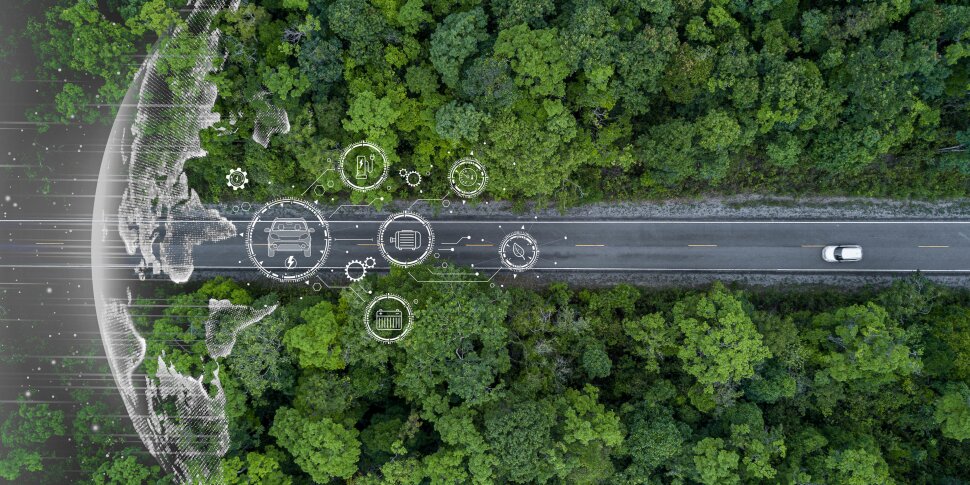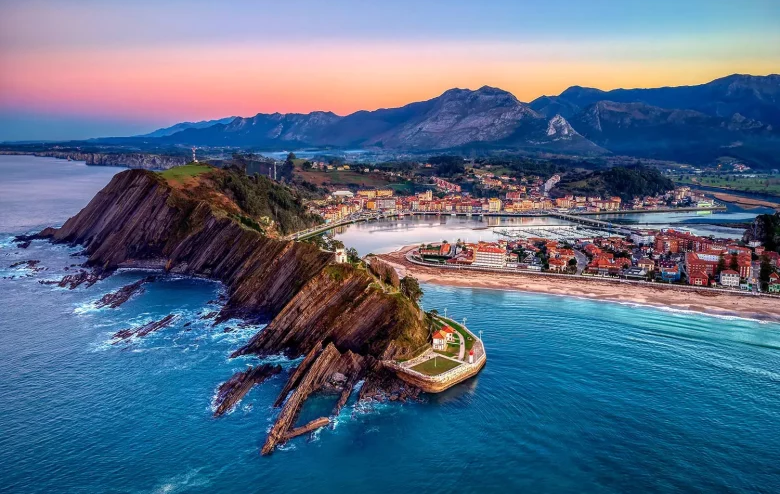Leveraging Uniqueness and Local Wisdom for Sustainable Tourism Village Development Through Technology Utilization
Downloads
Doi:10.28991/HEF-2024-05-04-05
Full Text:PDF
Downloads
Nguyen, B. (2022). Does Local Environmental Governance Improve Tourism Companies' Performance? Evidence from Vietnam. Journal of Travel Research, 61(4), 747–761. doi:10.1177/00472875211002653.
Zeng, Y., Filimonau, V., Wang, L. en, & Zhong, L. (2022). The role of seasonality in assessments of conflict tendency between tourism development and ecological preservation in protected areas: The case of protected areas in China. Journal of Environmental Management, 304, 114275. doi:10.1016/j.jenvman.2021.114275.
Shen, S., Wang, H., Quan, Q., & Xu, J. (2019). Rurality and rural tourism development in China. Tourism Management Perspectives, 30, 98–106. doi:10.1016/j.tmp.2019.02.006.
Hassan, T. H., Fazia, C., Abdelmoaty, M. A., Bekzot, J., Gozner, M., Almakhayitah, M. Y., Saleh, M. I., Aleedan, M. H., Abdou, A. H., & Salem, A. E. (2024). Sustainable pathways: understanding the interplay of environmental behavior, personal values, and tourist outcomes in farm tourism. Discover Sustainability, 5(1), 153. doi:10.1007/s43621-024-00354-8.
Wang, Z., Cai, S., Liang, H., Wang, N., & Xiang, E. (2021). Intellectual capital and firm performance: the mediating role of innovation speed and quality. International Journal of Human Resource Management, 32(6), 1222–1250. doi:10.1080/09585192.2018.1511611.
Talukder, M. B., & Hoque, M. (2025). Cultural Heritage Tourism in Bangladesh: Balancing Preservation and Visitor Experience. Navigating Intellectual Property Challenges in Tourism, 83-110. doi:10.4018/979-8-3693-4171-1.ch004.
Arismayanti, N. K., Sendra, I. M., Suwena, I. K., Budiarsa, M., Bakta, I. M., & Pitana, I. G. (2019). Tourism Villages' Development in Bali, Mass or Alternative Tourism? Journal of Tourism and Hospitality Management, 7(2), 117–139. doi:10.15640/jthm.v7n2a11.
Setiawati, R., Dewi, N. F., & Santoso, R. K. (2023). Wae Rebo Tourism Village Development Based on Local Wisdom and Community Products through a Technological Innovation Approach in Creating Economic Resilience. Proceedings, 83(1), 54. doi:10.3390/proceedings2022083054.
Kusumastuti, H., Pranita, D., Viendyasari, M., Rasul, M. S., & Sarjana, S. (2024). Leveraging Local Value in a Post-Smart Tourism Village to Encourage Sustainable Tourism. Sustainability (Switzerland), 16(2), 873. doi:10.3390/su16020873.
Ardani, W., Sudiartini, N. W. A., & Yudhaningsih, N. M. (2024). Establishing Sustainability in the Tourism Villages of Bali. International Conference of Business and Social Sciences, 446-455. doi:10.24034/icobuss.v4i1.525.
Sarja, N. L. A. K. Y., Nugroho, M. R. A., Sadguna, I., Meirejeki, I. N., Sumiari, K. N., & Sarja, N. K. P. G. (2024). Integrated tourism village system (IToViS) development for tourism village. AIP Conference Proceedings, 3077, 050036. doi:10.1063/5.0201227.
Suryadi, S., Nursahidin, Y., & Gusmanti, R. (2023). The Development of the Village Economic Potential through Local Wisdom. Jurnal Pendidikan Luar Sekolah, 11(1), 180-191.
Barney, J., Wright, M., & Ketchen, D. J. (2001). The resource-based view of the firm: Ten years after 1991. Journal of Management, 27(6), 625–641. doi:10.1177/014920630102700601.
Buchari, R. A., Abdillah, A., Widianingsih, I., & Nurasa, H. (2024). Creativity development of tourism villages in Bandung Regency, Indonesia: co-creating sustainability and urban resilience. Scientific Reports, 14(1), 1381. doi:10.1038/s41598-023-49094-1.
Venkatesh, V., Thong, J. Y. L., & Xu, X. (2012). Consumer acceptance and use of information technology: Extending the unified theory of acceptance and use of technology. MIS Quarterly: Management Information Systems, 36(1), 157–178. doi:10.2307/41410412.
Fernández-Morales, A., McCabe, S., & Cisneros-Martínez, J. D. (2024). Is Social tourism a vector for destination resilience to external shocks? Evidence from Spain. Journal of Travel Research, 63(7), 1606-1625. doi:10.1177/00472875231200493.
Purnamawati, I. G. A., Jie, F., & Hatane, S. E. (2022). Cultural change shapes the sustainable development of religious ecotourism villages in Bali, Indonesia. Sustainability, 14(12), 7368. doi:10.3390/su14127368.
Hidayat, F., Hakim, L., & Parmawati, R. (2023). Analysis of community-based coffee agro-tourism sustainability in East Java, Indonesia. Habitat, 34(1), 1-12.
Vitasurya, V. R. (2016). Local wisdom for sustainable development of rural tourism, case on Kalibiru and Lopati village, province of Daerah Istimewa Yogyakarta. Procedia-Social and Behavioral Sciences, 216, 97-108. doi:10.1016/j.sbspro.2015.12.014.
Gursoy, D., & Chi, C. G. (2020). Effects of COVID-19 pandemic on hospitality industry: review of the current situations and a research agenda. Journal of Hospitality Marketing and Management, 29(5), 527–529. doi:10.1080/19368623.2020.1788231.
Sigala, M. (2020). Tourism and COVID-19: Impacts and implications for advancing and resetting industry and research. Journal of Business Research, 117, 312–321. doi:10.1016/j.jbusres.2020.06.015.
Kemenparekraf. (2021). Strategic Policies for Digital Transformation in Indonesia's Tourism Industry. Ministry of Tourism and Creative Economy Report, Jakarta 10110, Indonesia. Available online: https://www.kemenparekraf.go.id (accessed on November 2024).
Nugraha, I. G. P., Parma, I. P. G., Agustina, M. D. P., & Hutnaleontina, P. N. (2024). The role of government and community participation in realizing sustainable tourism development in Tihingan Village, Bali, Indonesia. Journal of Infrastructure, Policy and Development, 8(8), 4621. doi:10.24294/jipd.v8i8.4621.
- The authors retain all copyrights. It is noticeable that authors will not be forced to sign any copyright transfer agreements.
- This work (including HTML and PDF Files) is licensed under a Creative Commons Attribution 4.0 International License.















